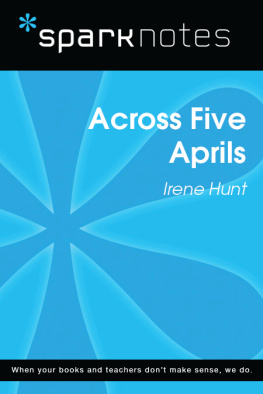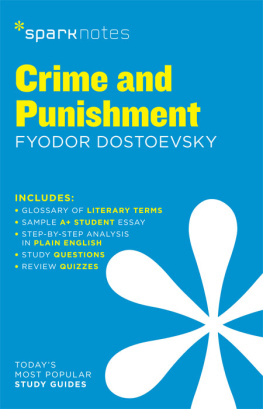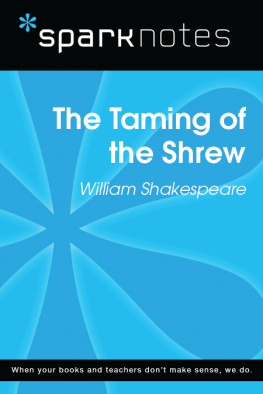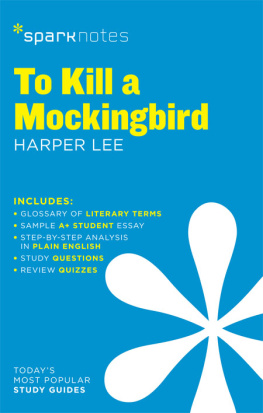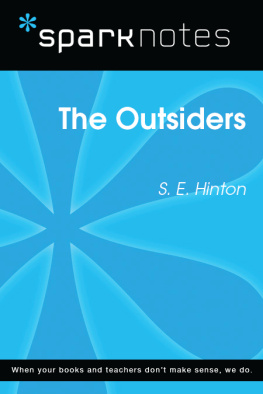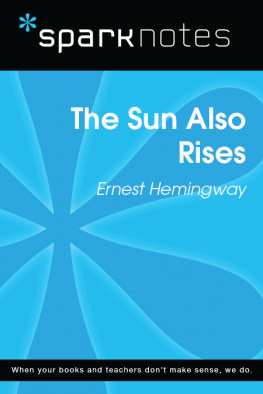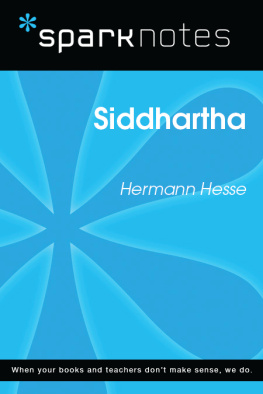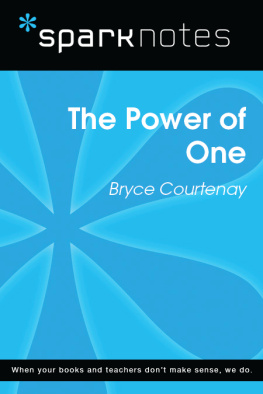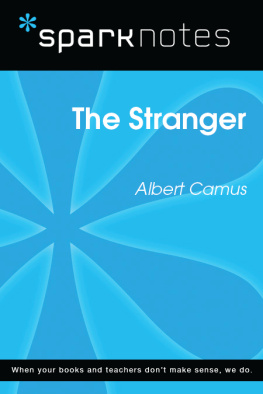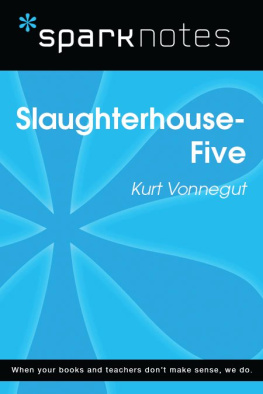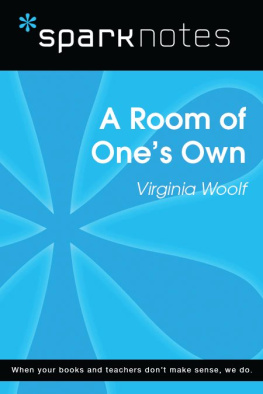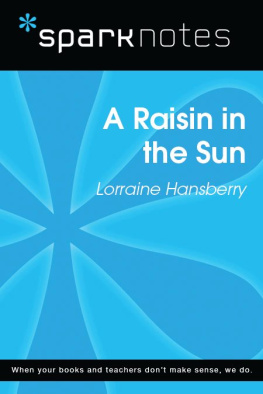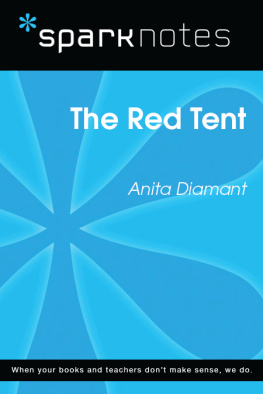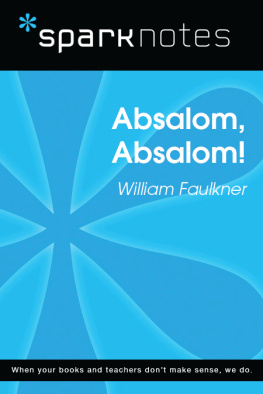Across Five Aprils
Irene Hunt
2014 by Spark Publishing
All rights reserved. No part of this publication may be reproduced, stored in a retrieval system, or transmitted in any form or by any means (including electronic, mechanical, photocopying, recording, or otherwise) without prior written permission from the publisher.
Sparknotes is a registered trademark of SparkNotes LLC
Spark Publishing
A Division of Barnes & Noble
120 Fifth Avenue
New York, NY 10011
www.sparknotes.com /
ISBN-13: 978-1-4114-7130-6
Please submit changes or report errors to www.sparknotes.com/errors.
10 9 8 7 6 5 4 3 2 1
Context
Irene Hunt was born on May 8, 1907 in southern Illinois, where Across Five Aprils takes place. She grew up on a family farm. She received her A.B. degree in 1939 from the University of Illinois, her M.A. in 1946 from the University of Minnesota and did graduate work in psychology at the University of Colorado.
From 1930 to 1945 she taught French and English at public schools in Oak Park, Illinois. She moved to South Dakota and taught psychology at the university for the next five years before moving back to Illinois to teach junior high school. In 1965 she became the Director of Language Arts, which gave her the ability to integrate books she felt were relevant into the curriculum. She believes that books are a crucial source of happiness and enlightenment and that they contain valuable messages for children.
Hunt published her first book, Across Five Aprils, at age 57. She researched the historical facts and integrated stories that were told to her by her grandfather. The Creighton family was documented in those stories and in letters and records. Like Jethro, the book's protagonist, her grandfather was only nine when the Civil War erupted, so Hunt used him as a vehicle through which to imagine what a family must have gone through at that time. Across Five Aprils won a Lewis Carroll Shelf Award in 1966, the Dorothy Canfield Fisher Award, the Clara Ingram Judson Memorial Award in 1965, the Charles W. Follett Award in 1964, and was runner-up for the Newbery Medal for 1965. Her second book, Up A Road Slowly, was published in 1967 and was based on her experience of losing her father when she was only seven years old. This book won the Newbery Medal and has a permanent part of the White House home library.
Hunt's main focus is to integrate history and literature. Across Five Aprils is arguably as much of an historical text as it is a literary text, and she weaves the two together seamlessly, not sacrificing historical accuracy for literary flair and vice versa. Hunt also integrates national history into personal history. She used her grandfather's stories and accounts of growing up during the war and balanced them against purely historical accounts of the Civil War and records and reports of other families living during that time. Hunt retired in 1969 and now lives in St. Petersburg, Florida, where she still writes.
Plot Overview
Jethro Creighton, the protagonist, is young and idealistic when the Civil War begins. At first he thinks the war will be neat, full of marching soldiers and demonstrative patriotism. He learns the realities of war soon enough as he watches his three brothers, his cousin, and his teacher go off to fight. One of his brothers, Bill, chooses to fight for the South in a decision that plagues him for a long time. Jethro and his family follow the progress of the war through the newspapers, but it is hard to tell exactly what is happening. Each day the paper is full of praise or criticism for one of the Union generals, and Jethro has trouble sorting out what is actually going on.
One day Jethro's parents ask him to take the team of horses fifteen miles into town to get supplies. Jethro, excited to prove his responsibility, goes to town, makes his purchases, and then talks to some men at the store. One of the men asks Jethro about Bill and gets angry at the prospect of Bill's betrayal. Jethro stands by Bill, and, later, the editor of the town paper, Ross Milton, takes Jethro to lunch to apologize. Milton and Jethro begin a friendship that lasts throughout the book.
On the way home, Jethro is stopped by Mr. Burdow, the father of the boy who killed Jethro's sister, Mary. Mr. Burdow rides with Jethro for a while, and initially Jethro is scared, but Mr. Burdow explains that he thinks one of the men from the store is waiting for Jethro down the road. They encounter the man, and Mr. Burdow is able to prevent him from hurting Jethro. Jethro makes it home and tells his family about the encounter.
The men from the store begin to haunt the Creightons, eventually burning down their barn and putting oil in their well. The Creightons become sleepless and scared that the men will take further retribution. One day, a boy who is on leave from the war for an injury comes to the Creightons to tell them that their son Tom is dead. While the Creightons mourn, Ross Milton writes a letter in the paper to the men that have been tormenting them, saying that regardless of Bill's decisions the Creightons have sacrificed and lost enough. The attacks stop.
Not long after, Matt, Jethro's father, has a heart attack that renders him unable to work the field. Jenny and Jethro assume that responsibility together. Meanwhile, the war goes back and forth, with reports indicating no clear victors overall. The only concrete information they glean from the paper is the atrocious death toll.
One day while working the fields, Jethro hears a sound in the woods. He investigates and finds his cousin Eb, who has deserted the war. Eb says that he could not continue fightingthe conditions were horrible, and the soldiers did not believe they could win the war. Jethro, unsure about what to do, sneaks food and blankets to Eb but does not tell the rest of the family, who are subject to penalties for housing a deserter. He writes to President Lincoln to ask for advice, and Lincoln responds by telling Jethro that he, too, has been plagued with that problem and has decided to grant amnesty to the deserters who return to their post by a certain time.
Word comes that Shadrach, Jethro's teacher, has been critically injured during a battle, and Jenny and Ross Milton leave for Washington D.C. so that Jenny can see Shadrach for one last time. Eventually, she is able to nurse Shadrach back to health, and Matt gives his consent for the two to marry.
Meanwhile, the Union army plunders the South, as General Sherman leads troops north from Savannah, ransacking and devastating farms and homesteads along the way. He soon joins forces with Grant, and they are able to cut off supplies to the Confederate Army. The Confederate Army surrenders.
Just when it seems that, with the war over, life is going to return to a state of security, President Lincoln is assassinated. His murder leaves Jethro bereft, and nothing is able to soothe him. Shadrach returns and tells Jethro that Jethro is going to move in with him and Jenny so that Jethro can continue his studies.
Character List
Jethro Creighton - Jethro, the protagonist, comes of age during the Civil War. He is forced to reckon with a national crisis, a tragic death in his family, a sudden assumption of responsibility, and a thorough loss of innocence. Jethro must deal with the effects of the war while trying to shape his vision of America.
Jenny Creighton - Jethro's sister. Jenny and Jethro struggle together, talking about the war. They are the only Creighton children not fighting in the war, and they find solace in each other. They are also linked together by Shadrach, Jenny's romantic interest and Jethro's teacher, and both spend time wishing for his safe return. At the end of the book, Jethro moves in with Jenny and Shadrach.

